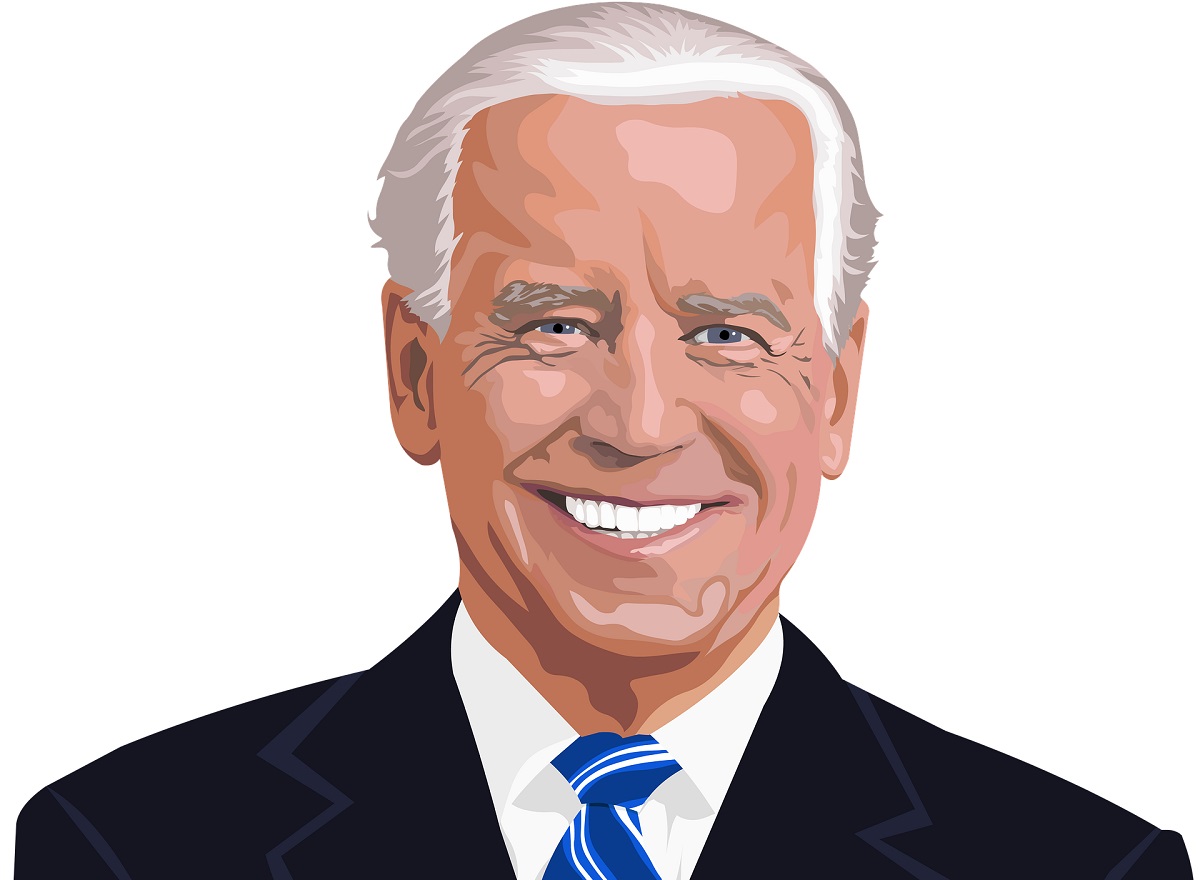Congress Can Rewrite the Telecom Act as It Funds Internet Infrastructure, Say Broadband Breakfast Panelists
December 3, 2020 – It is possible to revamp the Telecom Act of 1996 and fund broadband infrastructure simultaneously – and, in fact, a broadband stimulus package will help overcome difficulties intrinsic in rewriting the benchmark law governing telecommunications. That was the viewpoint of panelists
Liana Sowa

December 3, 2020 – It is possible to revamp the Telecom Act of 1996 and fund broadband infrastructure simultaneously – and, in fact, a broadband stimulus package will help overcome difficulties intrinsic in rewriting the benchmark law governing telecommunications.
That was the viewpoint of panelists participating in Wednesday’s Broadband Breakfast Live Online event in its “Broadband and the Biden Administration” series.
When asked about how the administration is planning to or should roll out a broadband plan, INCOMPAS CEO Chip Pickering said that the Biden administration will go “big and bold” on issues of broadband. Having spoken with the officials on the transition team of President-elect Joe Biden, Pickering said he believes that they will craft a policy that includes broadband for all, competition for all, and equity for all.
Also on the panel was Matt Schruers, president of the Computer and Communications Industry Association, who agreed that the new administration will seek to use broadband as a way to increase opportunity for more people. He also said crafting rules about procurement of 5G wireless technology were additional ways to promote broadband as a solution to problems.
And Claude Aiken, CEO of the Wireless Internet Services Association, said his group’s key priorities going into the new administration were tech neutrality, inclusiveness, and ensuring that any broadband stimulus packages promote “shovel ready” projects.
Also see the article about “Broadband and the Biden Administration, Part 1,” “In Discussing ‘Broadband and the Biden Administration,’ Trump and Obama Transition Workers Praise Auctions,” Broadband Breakfast, November 22.
Although all panelists agreed that the Biden administration would likely try to reverse the repeal of net neutrality rules that took place under current Federal Communications Commission Chairman Ajit Pai, Pickering said that if the changes are run through the FCC, they would be through the more regulatory Title II of the Communications Act.
If, on the other hand, net neutrality were to be implemented by legislation in Congress it would likely be under a less regulatory section of the Communications Act, or under a newly-crafted section.
Congress can provide a solution to fix the policy whiplash the nation has had over the past decade, with net neutrality being repealed or reinstated with each successive administration.
Can Congress pass net neutrality legislation and broadband infrastructure legislation?
With the 25th anniversary of the Telecom Act coming up in February, Pickering said the country has an opportunity to create the next iteration of major communications legislation. In particular, the new act should shift the principle of universality from voice to broadband.
Broadband Breakfast Editor and Publisher Drew Clark, moderator of the panel, pushed back and questioned whether Congress was capable of both funding broadband and rewriting the Telecom Act at the same time. But Pickering expressed confidence that broadband funding would be precisely the lubricant to to incentive compromise.
He said that the massive amount of broadband funding being discussed – the order of $100 billion – would help put broadband on the same scale that America put universal electrification during the New Deal.
Pickering and Schruers said they were both in favor of reinstating net neutrality; Aiken said he supported Pai’s repeal of the neutrality rules.
Panelists disagreed on matters of speed definitions. Aiken felt that maintaining the 25 Megabits per second (Mbps) download / 3 Mpbs upload definition would give providers predictability and allow them to know where the administration was going.
Pickering said that to win the race against China, the country needed fiber-rich and symmetrical gigabit networks.
On the controversial question of changes to Section 230 of the Communications Decency Act, both Pickering and Schruers said they looked forward to exiting “the storm before the calm” that has become the presidency of Donald Trump.
As for Trump’s recent threat to veto a Defense Appropriations bill unless Section 230 was repealed, Pickering said it was likely a gambit to force the confirmation of Trump’s FCC nominee Nathan Simington.
See “Broadband Breakfast Live Online on Wednesday, December 2, 2020: Broadband and the Biden Administration, Part 2,” Broadband Breakfast

“Broadband and the Biden Administration” is sponsored by:

As with all Broadband Breakfast Live Online events, the FREE webcasts will take place at 12 Noon ET on Wednesday.
SUBSCRIBE to the Broadband Breakfast YouTube channel. That way, you will be notified when events go live. Watch on YouTube, Twitter and Facebook.
See a complete list of upcoming and past Broadband Breakfast Live Online events.









Member discussion